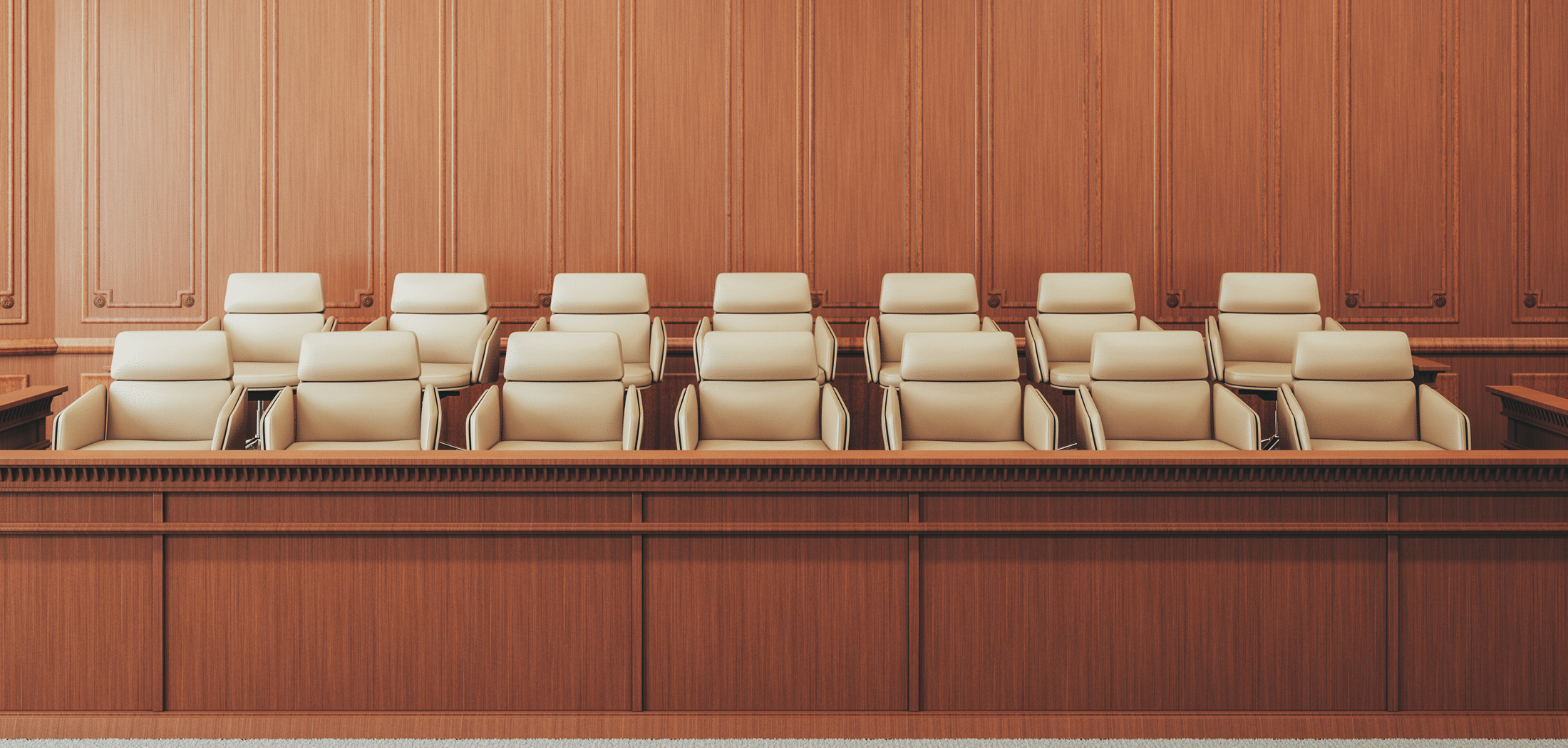
When a motor vehicle accident victim seeks pecuniary damages in a civil lawsuit, they are asking the court for three things:
- to agree that they suffered a calculable loss
- to decide that another party caused this loss and is liable for damages
- to require that the liable party provide funds to compensate the accident victim for their loss
But what if the accident victim has been compensated for some or all of these losses through another source? Since it is against the law to receive “double recovery,” benefits, including statutory accident benefits, that compensate a victim for some of their loss, a judge will calculate duplicate amounts and ensure appropriate deductions are made.
Should a jury hear about what compensation a car accident victim has received to date? Would knowing such information be probative or prejudicial when they discuss the damages they will award?
These are questions that Justice Merritt considered in Moustakis v. Agbuya, 2023 ONSC 6012. The defence argued that income replacement benefits received by the plaintiff should be taken into account in past income loss calculations.
In this blog post, the second in a series of posts on rulings and decisions from this notable case, (Expert witnesses turned advocates – serving at the displeasure of the courts: A case study in qualifying an expert witness), we outline the judge’s rationale for declining to rule in favour of these defence motions.
Ontario’s Hybrid Motor Vehicle Compensation System
When Ontario designed and implemented its hybrid motor vehicle compensation system (statutory no-fault insurance benefits and tort action) its intent was to ensure adequate compensation for accident victims.
By law, all drivers must carry standard motor vehicle insurance. The premiums drivers pay, in part, fund the statutory no fault benefits scheme. Any driver, passenger, road user, or other person hurt in a car accident in Ontario is eligible to apply for and receive timely access to treatment and benefits under the Statutory Accident Benefits Schedules (SABS) to assist in their recovery.
If an injured person is not at fault (or not wholly at fault) for the motor vehicle accident, they have the right to seek additional remedies for their losses and damages by advancing a tort claim against the at-fault party. In many cases, SABS benefits will not cover the full cost treatment or compensation for future losses caused by the accident.
Claims made to a SABS insurer and under the tort action may be for identical heads of damages (for example, lost income or future cost of care). But, since double recovery of SABS benefits is not permitted through a tort claim, Section 267.8 of the Insurance Act provides that applicable reductions will be made after any apportionment of damages required by Section 3 of the Negligence Act.
In Kyriaki “Cindy” Moustakis’ case, she had received some SABS benefits following a motor vehicle accident on January 9, 2016, before reaching a negotiated settlement with the SABS insurer for these benefits.
Why Should A Jury Know About Benefits The Plaintiff Accessed?
In practice, civil juries are normally instructed by the judge to make their award of damages on a gross basis, without any consideration for collateral benefits that may be deducted from by the judge.
Before statutory accident benefits were made available to anyone involved in a motor vehicle accident, an old law on the books required a jury to be automatically discharged if something occurred at trial from which jurors might hear or reasonably infer that a defendant was insured. The belief was that a jury sympathetic to the plaintiff would not hesitate to reach into the defendant’s insurer’s deep pocket to excessively compensate the plaintiff.
Now, on the contrary, the Ontario Court of Appeal in Girao v Cunningham, 2020 ONCA 260 commented: “If anything, the fact the jurors are savvy about car insurance leans in the other direction. Jurors are aware that larger insurance awards can increase the costs of the car insurance premiums they pay. The Ontario Law Reform Commission noted that one speculative explanation for the tendency of juries to make lower awards than judges was ‘the jurors’ self-interest in keeping insurance premiums low.’”
The emerging principles of using information about Statutory Accident Benefits at trial
Justice Merritt followed the Ontario Court of Appeal in Girao and found:
A trial judge has broad discretion to control the proceedings to ensure fairness;
- Ontario’s no fault benefits and modified fault tort system for motor vehicle accidents is primarily concerned with providing adequate compensation of injured persons;
- A judge must decide contextually whether and to what extent evidence about a SABS settlement is to be admitted (relevance, weighing probative and prejudicial value);
- Evidence regarding some individual SABS benefits received would be relevant and admissible if the defence alleges that the plaintiff’s abuse of a benefit (for example, failing to use benefits earmarked to mitigate future losses) will have an impact on the calculation of the tort damages. A defence pleading related to this allegation must: first, put the issue into dispute with appropriate particularity; and, then demonstrate the issue has an air of reality, to be assessed in voir dire;
- The totality of a SABS settlement would rarely be relevant and would usually be more prejudicial than probative, particularly in a jury trial;
- There are public policy grounds for being cautious. Permitting evidence of a SABS settlement to become generally admissible in tort actions can create a perverse incentive on plaintiffs to keep their SABS claim alive to prevent it from becoming a defence weapon in the tort action.
- When SABS evidence is presented to a jury, jurors must understand how Ontario’s motor vehicle accident compensation functions. A jury should be instructed not to reduce the award of damages because it believes benefits have already compensated the plaintiff adequately for the accident.
In Cindy’s case, Justice Merritt did not believe there was reason to provide the jury with information about income-replacement benefits (IRBs) received since Her Honour would be responsible for calculating deductions. Justice Merritt stated that sharing this information would be more prejudicial than probative and considered that the jury may be tempted to discount the damages to take into consideration IRBs previously received.
Building trial ready cases
When it comes to civil lawsuits in Canada, it’s frequently noted that “98 percent of civil suits never make it to the courts.”
It’s true that the vast majority of personal injury lawsuits will be settled before (or occasionally even during) trial. Nevertheless, at Howie, Sacks & Henry LLP, when we build a case for a client it is always designed to be trial-ready. Not only does a thoroughly researched and evidenced case frequently encourage an insurer to make fair settlement offers, but it also ensures that when a claim does go to trial we are always ready to make compelling arguments and effectively respond to defence strategies.
If you or a loved one has been seriously injured in a car accident in Ontario, contact the knowledgeable, experienced and skilled personal injury lawyers at HSH for a initial, no obligation free consultation to learn how we may be able to help you.







